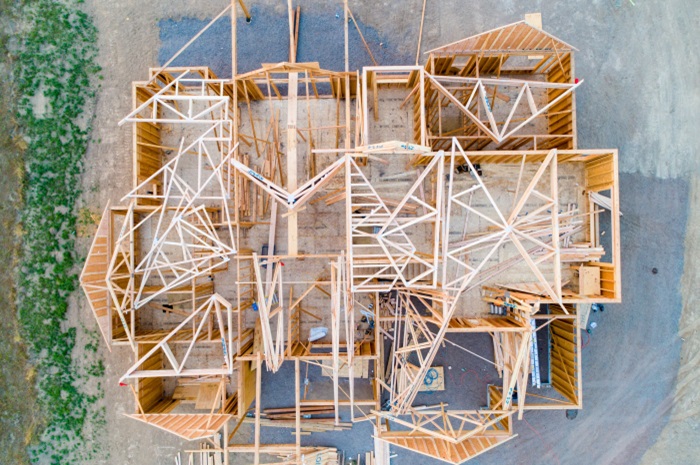Market Insight for March 1

Ontario’s real estate watchdog, Tarion, confronts an unprecedented challenge as it braces for over $90 million in claims from home buyers, marking the largest claim event in its history. The surge in claims stems from builders abandoning projects or engaging in illegal operations, compounded by rising interest rates, escalating construction costs, and persistent labor shortages.
This situation places immense pressure on Tarion, tasked by law to ensure warranty coverage for new home purchases, signaling a critical moment for consumer protection and regulatory oversight in Ontario’s housing market.
Developers are required to abide by new-build warranties. If a builder fails to deliver a home to the purchaser and is unable to provide a refund, a deposit claim can be made by the buyer to Tarion.
According to Tarion, if a buyer signed their purchase agreement on or after Jan. 1, 2018, homes with a sale price of $600,000 or less have up to $60,000 of their deposit covered. Homes over $600,000 have protection coverage of 10 per cent of the sales price to a maximum of $100,000. For people that put down more than $100,000 deposit they will lose that money.
Tarion did not provide information on how many builders have filed for bankruptcy, failed to complete projects, or built homes illegally, but there have been a number of high-profile cases in the last year.
In 2023, the developer State View Homes collected tens of millions of dollars in deposits for more than 450 homes that it did not have authorization to sell, bypassing the necessary measures to legally sell new homes. In an alarming shift, Tarion’s expected payout for 2024 surpasses previous years’ figures, with claims rising from $1.2 million to $1.6 million annually between 2019 and 2021 to nearly $7 million in 2022.
Despite the massive increase in payouts, Tarion said it is not expected to impact its ability to respond to future claims.
To better protect consumers for freehold properties, Tarion should follow similar deposit protection laws outlined in the Condominium Act, which requires condo builders to place all deposits in trust, meaning the deposit is protected. The same laws don’t apply for freehold buyers, which is completely irresponsible.